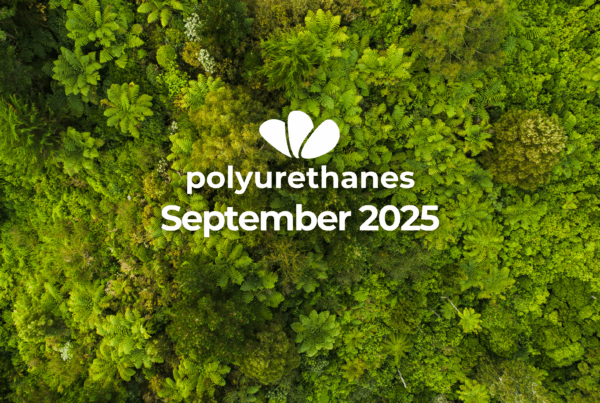Rigid polyurethane foams are versatile materials suitable for a wide range of applications, used for instance as insulation, providing superior thermal resistance and energy efficiency.
In line with the industry’s sustainability commitments, companies are developing innovative ways to ensure recyclability of rigid polyurethane foam.
Covestro’s CIRCULAR FOAM project aims to close the material loop for rigid polyurethane foams used in insulations for refrigerators and buildings. Whilst these foams greatly improve energy efficiency, there is currently no effective recycling system in place. Coordinating with 24 partners across nine countries, Covestro is working to develop innovative chemical recycling processes.
The project focuses on chemical recycling methods like chemolysis and smart pyrolysis to recover high-quality raw materials from polyurethane foams which cannot be recycled mechanically. In collaboration with universities and research centres, Covestro is developing these technologies for industrial-scale use. Key to the project’s success is improving the collection and sorting of polyurethane foam waste. The project could save up to one million tonnes of waste, 2.9 million tonnes of CO2 emissions, as well as €150 million in incineration costs annually by 2040.
At the same time, BASF is advancing circular economy solutions for refrigerator insulation. Using the polyurethane material Balindur® in vacuum insulation panels, combined with Elastocool®F, simplifies recycling by reducing material complexity. In partnership with KraussMaffei, Rampf, and Remondis, BASF opted to use a new chemical recycling process known as depolymerization to convert used refrigerators’ polyurethane into high-quality recycled polyols, which can be used to create new rigid foams.
You can read more about Covestro’s CIRCULAR FOAM project and BASF’s Refrigeration Recycling Project.




